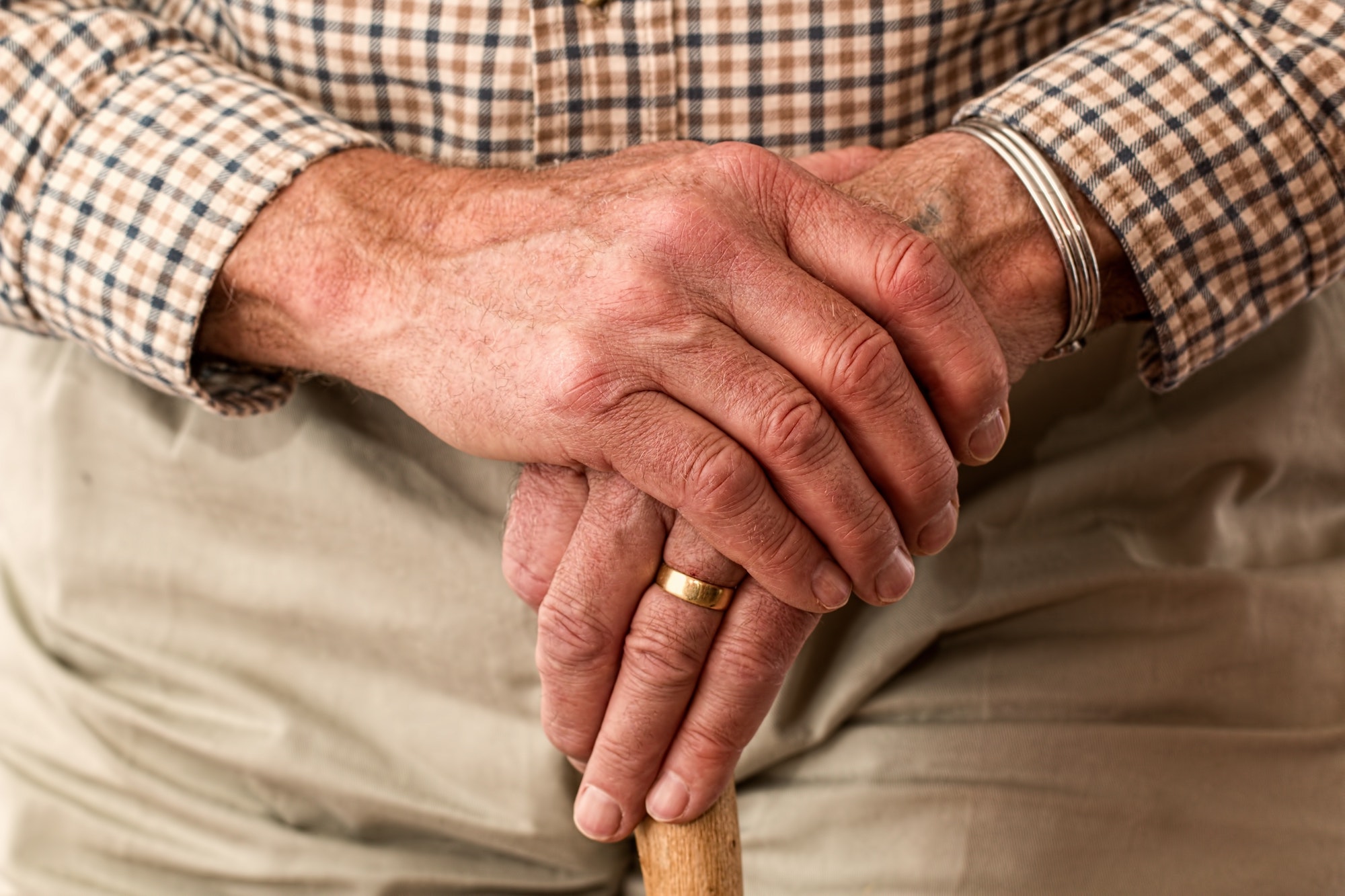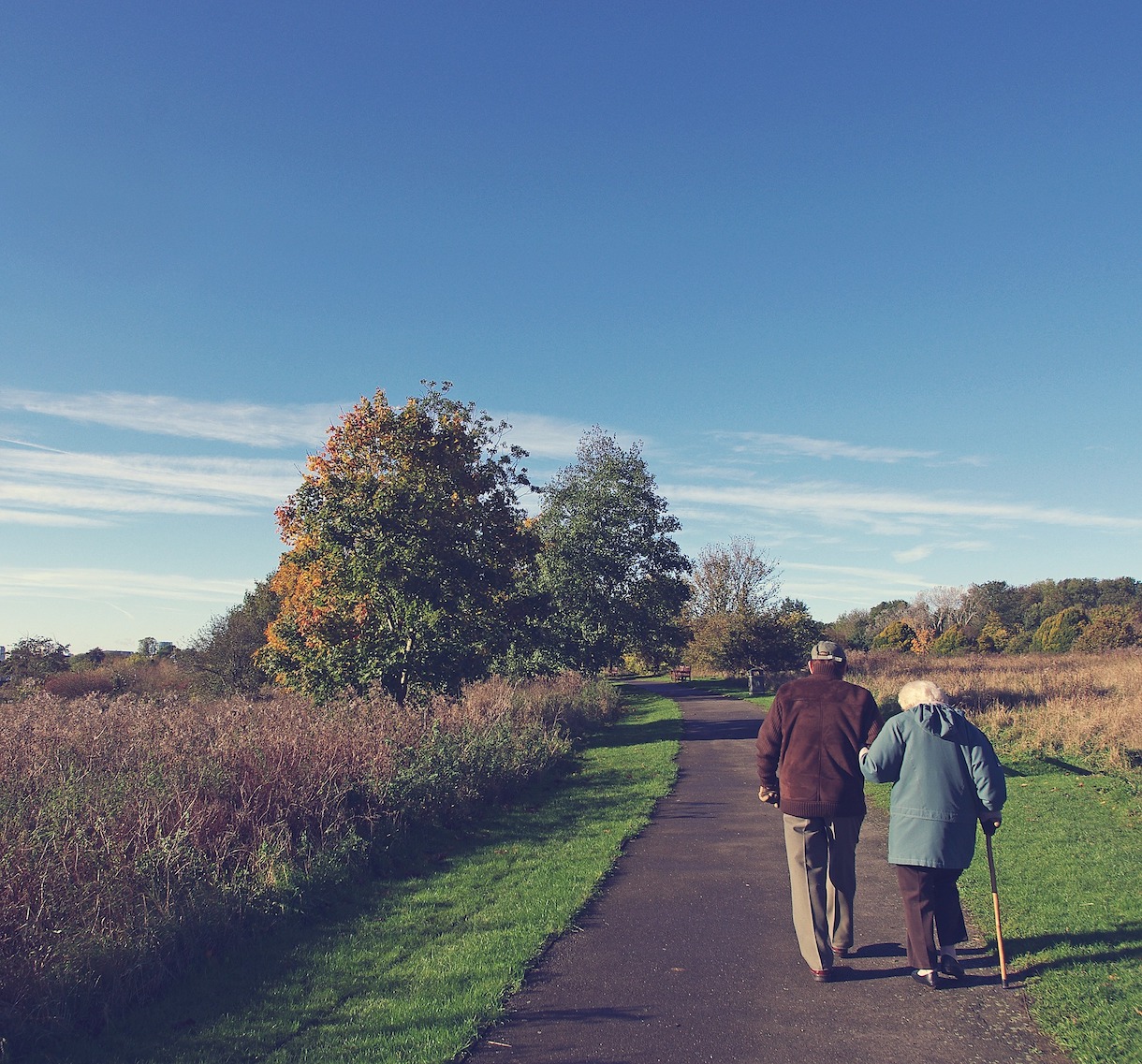A few years ago, writes Dr. David Scales, Assistant Professor of Medicine at Weill Cornell Medicine, an elderly woman, already hospitalized, underwent a troubling transformation when day turned to night: Normally agreeable, she was seen stalking the hallways of the place, screaming in Italian and fearful that the staff would relieve her of what she believed to be her purse, which was tucked under her arm.
It was actually her urine bag.
The patient was, sadly, a victim of sundown syndrome — a.k.a., sundowners or sundowning — a condition most often associated with those afflicted with Alzheimer’s Disease or dementia (though not always) characterized by increased agitation, disorientation, confusion or hallucination that occurs in late afternoon or evening.
Its incidence has been reported to be as great as 25 percent among dementia patients residing in eldercare facilities, as great as 66 percent among those living at home. The symptoms vary, up to and including physical aggression, and the cause, while unknown, is most often attributed to a disruption of the patient’s body clock — which biologically is known as the suprachiasmatic nucleus (SCN), a clump of 20,000 nerve cells in the brain.
Nor is there a clear consensus on how friends or family members might help someone who is dealing with sundown syndrome. Most reports list trial-and-error as the preferred approach (because the symptoms vary from patient to patient), though generally the steps should include the following:
-
- Make sure they follow a routine: That means getting up and going to bed at the same time each day, and regular mealtimes. It also means scheduling their appointments and socializing to the early part of the day.
- Limit things that might adversely affect their sleep: They should just say no to alcohol and smoking, and limit their caffeine and sugar consumption to earlier the day.
- Lighten the mood: Make sure they are exposed to as much light as possible during daytime, whether artificial or otherwise, as it has been suggested that those suffering from Alzheimer’s or dementia do not process environmental stimuli as well as they once did.
- Put them down for a nap (or not): One report notes that a daytime snooze is probably not the worst thing, while adding that that line of thinking is not universal, as stated here and here.
- In the event of an issue, don’t argue with your loved one: Doing so is only likely to agitate them further; same if you try to reason with them. Better that you distract them, soothe them and monitor the situation, to ensure their physical well-being.
Again, there is no one-size-fits-all approach. But generally speaking, those suffering from this baffling condition need as much comfort and familiarity as possible.






